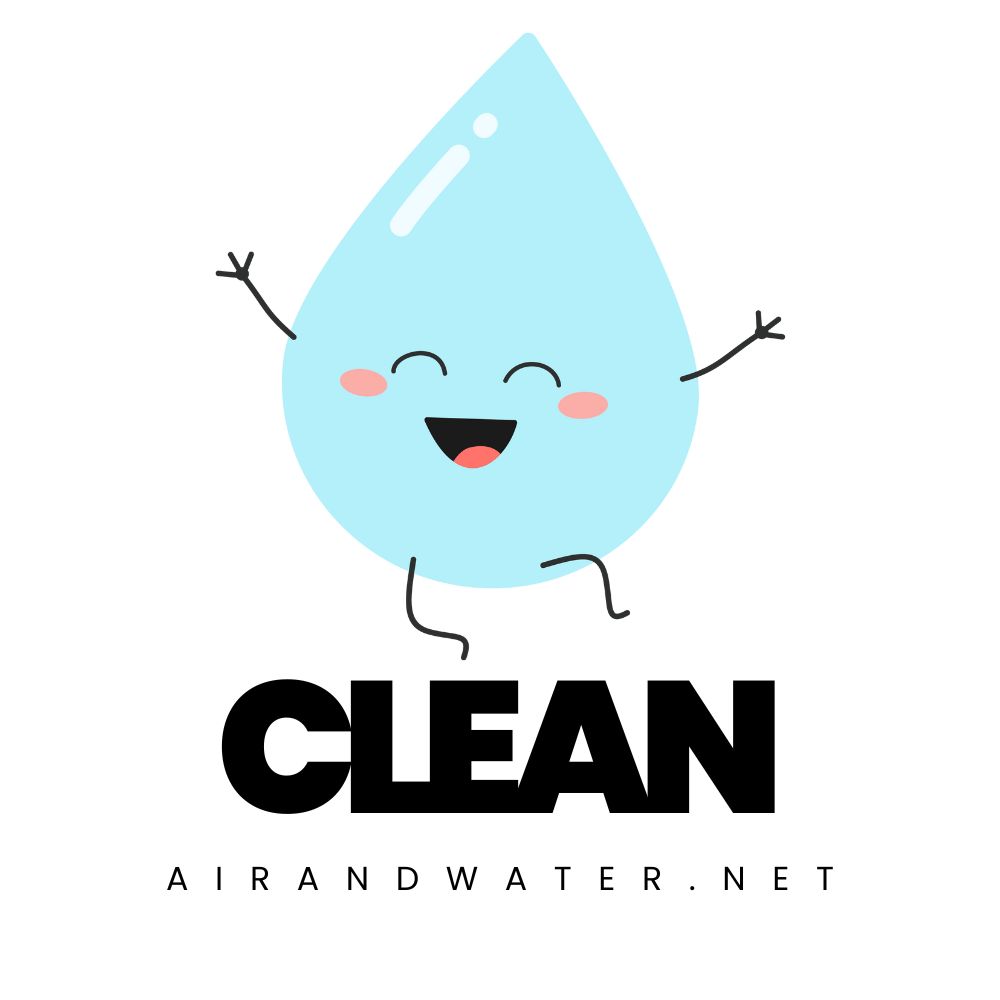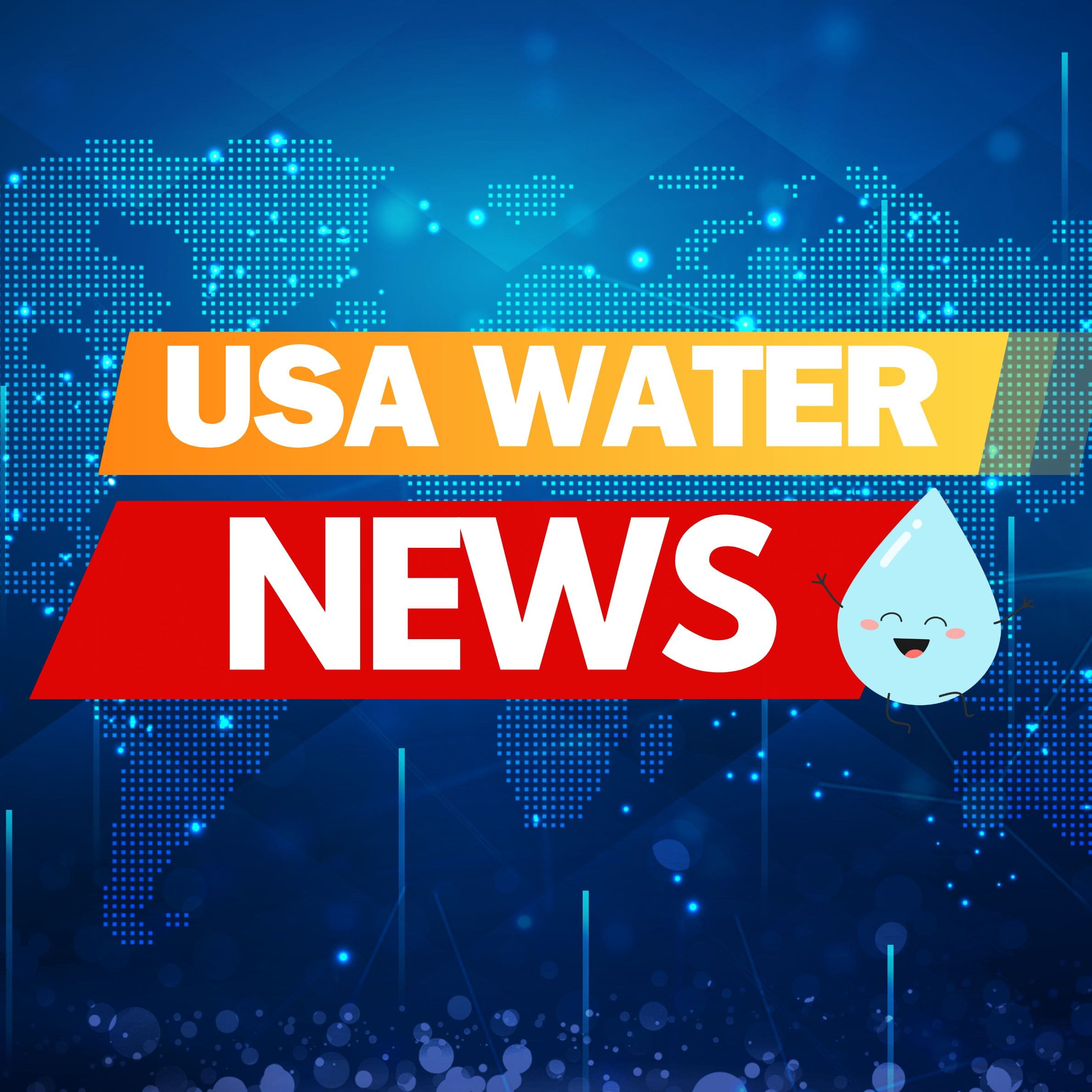Glendale, Arizona Water Quality at a Glance
serious concerns
Is Glendale, Arizona Water Safe to Drink?
Generally Yes, With Major Concerns – Glendale’s water meets federal compliance standards, but has extremely high chromium-6 levels (320 times above safe levels) and concerning arsenic concentrations. Arizona has confirmed PFAS contamination in 57 public water systems statewide, with ongoing monitoring for these “forever chemicals” across the region.
⚠️ Key Concerns for Glendale Residents
- Chromium-6 “Erin Brockovich Chemical”: 5,300-6,400 ppt detected – 265-320 times higher than levels considered safe for cancer risk
- Arsenic Contamination: 1.6-3.1 ppb detected from natural sources and past industrial activities; causes cancer in multiple organs
- PFAS “Forever Chemicals”: Arizona monitoring 950+ water systems; 57 already show contamination above EPA standards
- Disinfection Byproducts: Haloacetic acids and trihalomethanes from chlorine treatment increasing cancer and organ damage risk
Read the full report below for detailed analysis, treatment recommendations, and actionable steps for Glendale residents.
Glendale – Arizona – Water Quality Report 2025: PFAS Testing, Infrastructure Concerns & Safety across your city
Glendale Water Services provides comprehensive water and wastewater services to approximately 250,000 residents across this vibrant West Valley city, known for its sports and entertainment districts. Located in the heart of the Sonoran Desert, Glendale operates a sophisticated water system that encompasses multiple treatment facilities, hundreds of miles of distribution lines, and innovative water reclamation technologies that deliver an average of 35 million gallons of drinking water daily to Arizona’s fourth-largest city.
Glendale sources its water from five primary sources: the Salt River Project system drawing from the Salt and Verde Rivers, Central Arizona Project delivering Colorado River water, limited groundwater reserves, reclaimed wastewater, and stored water credits for drought resilience. The city’s water is treated at the jointly-owned Pyramid Peak Water Treatment Plant with Peoria, along with direct connections to the Salt River Project distribution system. While Glendale’s water meets federal compliance standards, the city faces significant challenges with extremely high chromium-6 levels (265-320 times above safe levels), arsenic contamination, ongoing PFAS monitoring, and infrastructure modernization as it prepares for continued population growth in the Phoenix metropolitan area.
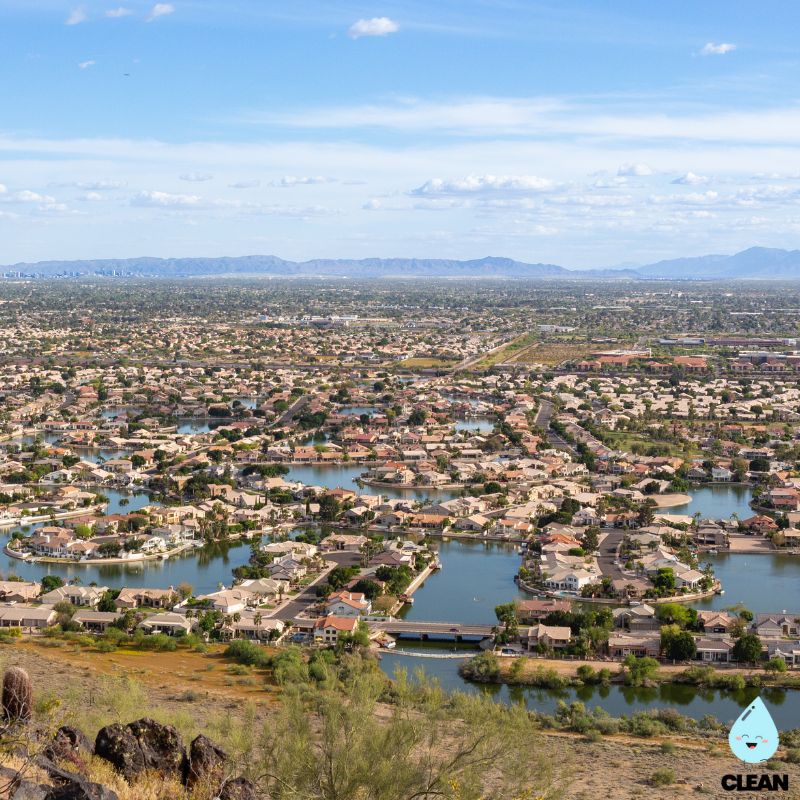
Glendale Water Quality: Current Status (2024-2025)
Latest Testing Results
- EPA Compliance Status: Glendale’s water supply meets federal drinking water standards as of 2024, but significantly exceeds health guidelines for chromium-6 and arsenic, with continuous monitoring for over 100 different contaminants.
- PFAS Monitoring: Arizona Department of Environmental Quality is testing 950+ water systems statewide, with 57 systems already showing PFAS contamination above EPA levels. Glendale’s specific PFAS status is under ongoing monitoring as part of this comprehensive statewide assessment.
- Testing Frequency: Glendale conducts comprehensive water quality testing throughout its distribution system, including quarterly sampling for regulated contaminants and proactive monitoring for emerging contaminants including PFAS “forever chemicals.”
Water Sources
- Salt River Project: Primary surface water source (approximately 60% of supply) from the Salt and Verde River systems, originating from snowmelt and monsoon rains in northeastern and central Arizona, delivered via SRP’s extensive canal system.
- Central Arizona Project: Colorado River water delivered through the Central Arizona Project canal system, providing approximately 25% of the city’s water supply with an annual allocation of 22,732 acre-feet during normal years.
- Groundwater & Reclaimed Water: Limited groundwater pumping from local aquifers and innovative reclaimed water systems that treat wastewater for reuse in landscaping and aquifer recharge, enhancing water supply resilience.
Advanced Treatment Technology
- Pyramid Peak Water Treatment Plant: Jointly operated with Peoria, this facility treats Colorado River water from the Central Arizona Project canal using advanced multi-barrier treatment processes including coagulation, flocculation, sedimentation, filtration, and disinfection.
- Salt River Project Direct Service: Areas within SRP service boundaries receive treated water directly from SRP’s system, which utilizes state-of-the-art treatment facilities and extensive quality monitoring throughout the distribution network.
- Reclaimed Water Treatment: Advanced wastewater treatment facilities produce high-quality reclaimed water for landscape irrigation and groundwater recharge, reducing demand on potable water supplies while supporting sustainability goals.
Infrastructure Modernization
- Treatment Plant Upgrades: Ongoing $25 million improvement project at Pyramid Peak Water Treatment Plant (shared with Peoria) includes facility rehabilitation, new treatment trains, and enhanced monitoring systems scheduled for completion in 2026.
- Distribution System Renewal: Systematic replacement of aging water infrastructure, including sewer lines dating to the 1940s, with modern materials and smart monitoring technologies to improve system reliability and reduce water loss.
- Contaminant Treatment Planning: Proactive planning for chromium-6 treatment technologies and enhanced PFAS monitoring systems to address documented contamination concerns and prepare for potential future treatment requirements.
Customer Protection Initiatives
Glendale Water Services maintains a strong commitment to customer service and water quality transparency through comprehensive annual water quality reports, 24/7 customer service availability at 623-930-2770, and expanded water conservation rebate programs to help residents reduce water usage and costs. The city’s proactive approach includes participation in statewide PFAS monitoring initiatives and investment in advanced treatment technologies. However, residents should be aware of documented concerns including extremely high chromium-6 levels and arsenic contamination that, while meeting federal standards, exceed health guidelines established by toxicologists. Glendale’s strategic water portfolio, combining multiple sources and storage options, provides resilience against drought conditions while supporting the continued growth of this dynamic West Valley community through sustainable water management practices.
Recommendations for Glendale Residents
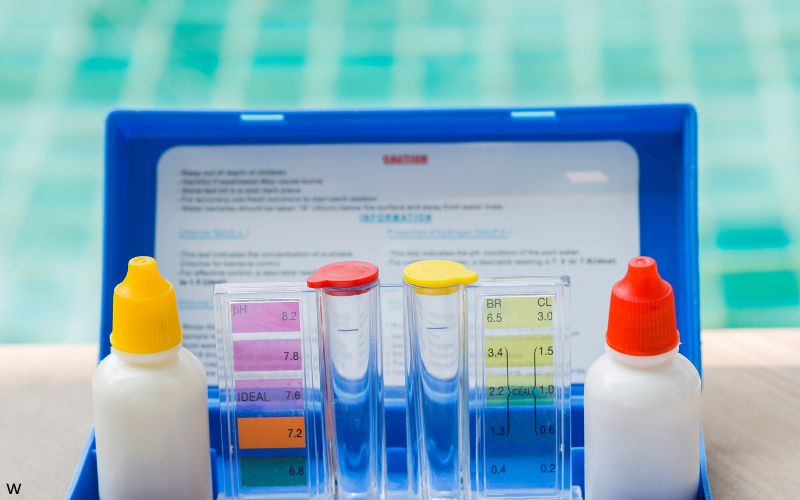
Test Your Water
Contact Glendale Water Services at 623-930-2770 to request water quality testing information or to report any water quality concerns. Independent testing is strongly recommended for chromium-6, arsenic, and PFAS, especially for homes with vulnerable residents such as children or pregnant women.
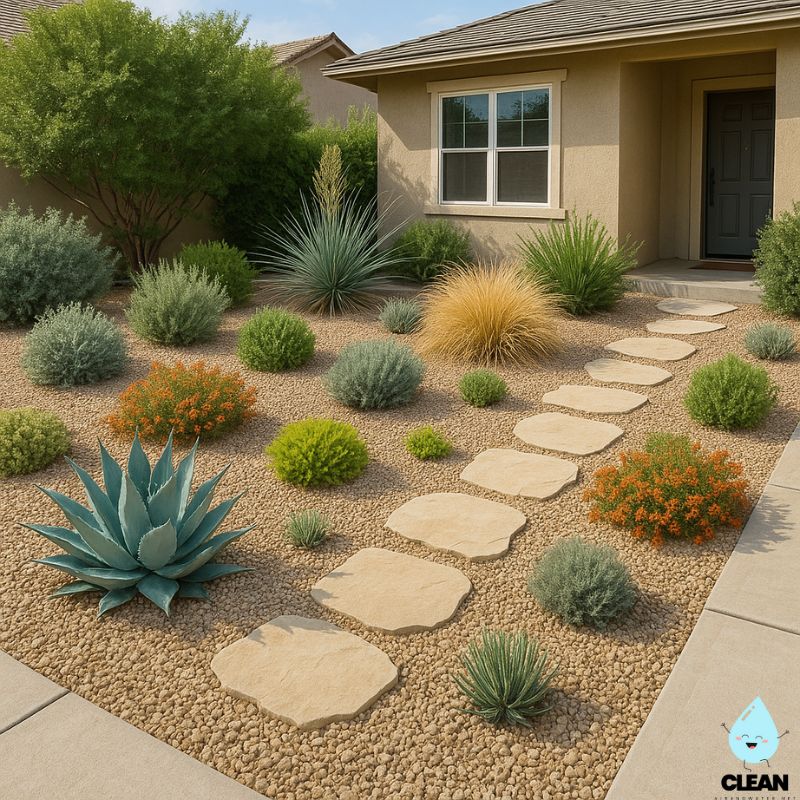
Desert Landscaping
Take advantage of Glendale’s expanded water conservation rebate program offering financial incentives for drought-tolerant landscaping, efficient irrigation systems, and water-saving appliances. Visit glendaleaz.com for current rebate offerings.
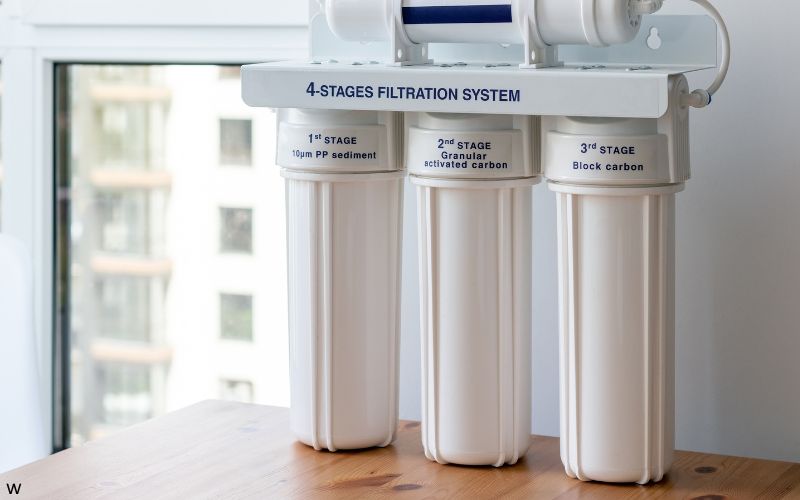
Essential Home Filtration
Given Glendale’s documented high levels of chromium-6 and arsenic contamination, NSF-certified filtration systems (Standards 53 and 58) are strongly recommended. Look for filters specifically designed to remove heavy metals and PFAS compounds.
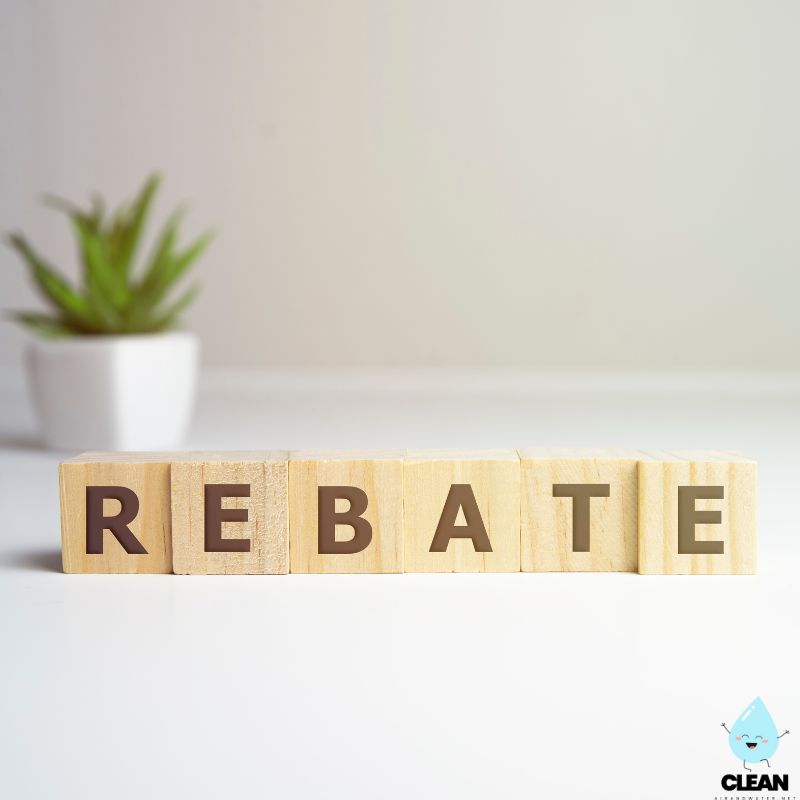
Participate in Rebate Programs
Apply for Glendale’s water conservation rebates including incentives for high-efficiency appliances, smart irrigation controllers, and xeriscaping projects. The city offers financial assistance to help residents save water and reduce utility costs in Arizona’s desert climate.

Report Issues
Contact Glendale Water Services at 623-930-2770 (available 24/7) for water main breaks, pressure problems, or quality concerns. The city also offers online utility account management and bill payment at myutility.glendaleaz.com.
Quality News About Your Water
Get the comprehensive water quality news coverage you need with our dedicated US Water News Service. From coast to coast, we deliver in-depth reporting and expert analysis on PFAS contamination, EPA regulatory changes, infrastructure developments, and emerging water safety issues affecting communities nationwide. While mainstream media only covers the biggest stories, we provide the detailed, ongoing coverage that helps you understand the full scope of America’s water challenges. Whether you’re a concerned citizen, water professional, or community leader, our daily updates and analytical insights keep you informed about the issues that matter most to public health and environmental safety.
Frequently Asked Questions
Is Glendale’s tap water safe to drink?
Glendale’s tap water meets federal drinking water standards, but there are significant health concerns residents should be aware of. The city’s water comes from multiple sources including the Salt River Project, Central Arizona Project, and limited groundwater, all of which undergo treatment processes.
However, testing reveals extremely high chromium-6 levels (265-320 times above safe levels) and concerning arsenic concentrations. While these meet federal compliance standards, they significantly exceed health guidelines established by toxicologists. Glendale Water Services conducts continuous monitoring, but residents with health concerns, especially children or pregnant women, should consider home filtration systems.
What are the main water quality concerns in Glendale?
Glendale faces several significant water quality challenges documented through testing:
1. Chromium-6 (Hexavalent Chromium): Extremely high levels of 5,300-6,400 parts per trillion – 265-320 times higher than concentrations considered safe for cancer risk
2. Arsenic: Levels of 1.6-3.1 parts per billion from natural geological sources and past industrial activities
3. PFAS (Forever Chemicals): Arizona has confirmed contamination in 57 water systems statewide; Glendale’s status under ongoing monitoring as part of comprehensive statewide assessment
4. Disinfection Byproducts: Haloacetic acids and trihalomethanes formed during water treatment processes
The city’s treatment technologies help manage these contaminants to federal standards, but health advocates recommend additional home filtration.
How is Glendale addressing water conservation?
Glendale has implemented comprehensive water conservation measures appropriate for Arizona’s desert climate:
• Rebate Programs: Financial incentives for drought-tolerant landscaping, efficient appliances, and smart irrigation systems
• Reclaimed Water Systems: Treatment and reuse of wastewater for landscape irrigation and groundwater recharge
• Drought Management: Implementation of conservation measures and public education about water conservation practices suitable for the Sonoran Desert environment
• Public Education: Ongoing outreach about water conservation practices and efficiency programs
These initiatives help ensure sustainable water management while supporting continued growth in the West Valley.
What should I know about water quality improvements?
Glendale is investing in infrastructure improvements to address water quality and system reliability:
Current Infrastructure Projects:
• $25 million improvement project at Pyramid Peak Water Treatment Plant (shared with Peoria)
• Systematic replacement of aging water infrastructure, including sewer lines from the 1940s
• Enhanced monitoring systems and smart technology implementation
Future Planning:
• Proactive planning for chromium-6 treatment technologies to address documented contamination
• Enhanced PFAS monitoring and potential treatment system development
• Rate adjustments through 2030 will support these infrastructure investments to ensure regulatory compliance and improved water quality for Glendale’s growing community
Please read – our information
The information presented on cleanairandwater.net is compiled from official water quality reports, trusted news sources, government websites, and public health resources. While we strive for accuracy and thoroughness in our presentations, we are not scientists, engineers, or qualified water quality professionals.
Our mission is to present water quality information in an accessible, real-world format that helps people understand what’s in their water and make informed decisions about their health and safety. We believe that complex environmental information should be available to everyone in a format that’s easy to understand.
We make every effort to ensure our content is current and accurate, but we cannot guarantee that all information is complete or error-free. This website should not replace official communications from your local water utility or health department. We always recommend consulting official sources for the most up-to-date information regarding your specific water system.
Clean Air and Water is not liable for any unintentional errors, omissions, or outdated information. The content on this site is provided for informational purposes only and should not be considered professional advice.
